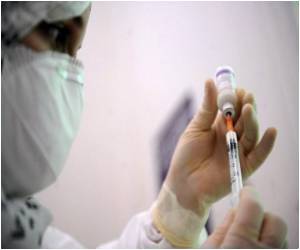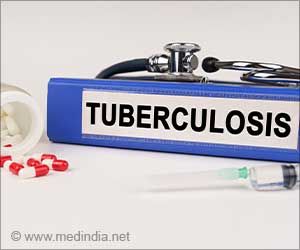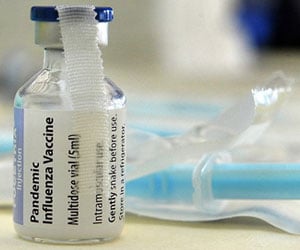
"We?re excited to have developed this new test because it means we can potentially diagnose someone at a TB clinic within an hour and start them immediately on the treatment they need," said Cath Arnold of the HPA, who led the study.
"This new test could really have an impact where it is most needed."
The new, highly sensitive test works by identifying a single molecule of DNA in the TB bacterium.
Current tests involve taking mucus from sufferers and growing a bacterial culture in the laboratory, which can take weeks.
"It will be a lot more effective," HPA spokeswoman Emma Gilgunn-Jones told AFP.
Advertisement
But it could be at least two years before the test appears on the market as it must now undergo extensive clinical trials which are starting in Britain soon, she added.
Advertisement
The announcement comes less than two weeks after US researchers said they had developed a new test also using genetic markers that could diagnose drug-resistant TB in two hours.
Tuberculosis killed an estimated 1.8 million people worldwide in 2008, according to the World Health Organisation, with the disease spreading fastest in South East Asia.
Drug-resistant TB is becoming a serious threat to global health, especially as only a small proportion of cases are diagnosed, the WHO warned. Almost half the drug-resistant cases were estimated to have occurred in China and India.
Source-AFP












